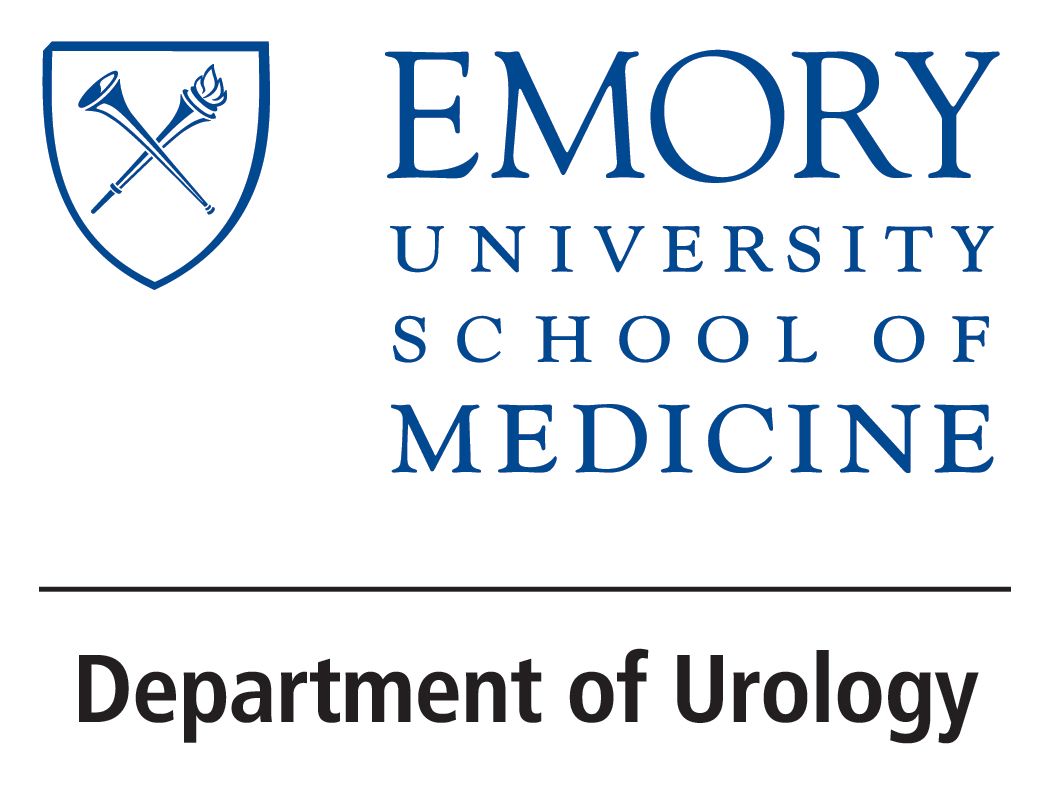
Perioperative lenvatinib/pembrolizumab shows promise in non-metastatic ccRCC

Key Takeaways
- Pembrolizumab and lenvatinib showed clinical activity in locally advanced, non-metastatic clear cell RCC, with a median tumor reduction of 22%.
- The combination had a manageable safety profile, with common adverse events typical of IO-TKI combinations, and no disease progression during the neoadjuvant phase.
"The combination demonstrated clinical activity and an acceptable safety profile in the perioperative setting for locally advanced, non-metastatic clear cell RCC," says Mehmet Asim Bilen, MD.
In the following interview, Mehmet Asim Bilen, MD, discusses the study, “Phase 2 study of perioperative lenvatinib (L) with pembrolizumab (P) in patients with locally advanced nonmetastatic clear cell renal cell carcinoma (NCT04393350),”1 which was presented at the
Bilen is the director of the Genitourinary Medical Oncology Program at Winship Cancer Institute of Emory University in Atlanta, Georgia.
What is the background/rationale for this study?
The [purpose] of this study was to evaluate the combination of pembrolizumab, which is a PD-1 inhibitor, and lenvatinib, which is a multi-kinase inhibitor, in the perioperative setting for patients with locally advanced, non-metastatic clear cell [renal cell] carcinoma (RCC). As we all know, this combination is FDA approved and showed efficacy in metastatic clear cell RCC in the CLEAR trial (NCT02811861). Based on that data, we saw a robust response rate. Because of this, we wanted to use this combination in the perioperative setting to explore the impact on tumor burden and [see if there was a] possible effect in the long-term outcomes of patients with locally advanced, non-metastatic clear cell RCC.
What were the key findings?
The combination demonstrated clinical activity and an acceptable safety profile in the perioperative setting for locally advanced, non-metastatic clear cell RCC. Among the 17 evaluable patients, we saw 3 partial responses, which is close to 18%; the rest were stable disease. The median tumor reduction was about 22%, with a range all the way up to a 37% reduction. Importantly, no patient experienced disease progression during the neoadjuvant phase, which is important for any perioperative clinical trial. Almost everyone, 16 out of 17 patients, were able to proceed surgery as planned without any delay.
The common adverse events were typical [for this] combination, which is an IO-TKI combination. [These included] fatigue, hypertension, hypothyroidism, [palmar-plantar erythrodysesthesia] syndrome, and diarrhea. We had 1 patient experience a grade 4 immune-related adverse event, secondary to rhabdomyolysis and hepatitis. Because of this, treatment was stopped, but the patient was still able to go surgery after managing the immune-related toxicity. Also, importantly, we didn't see any interoperative or post-operative complications related to the drug, which is very important for any perioperative treatment in this patient population.
What next steps are planned for this combination?
This is an evolving landscape in kidney cancer. We have different trials reported in the past. Those include either targeted therapies, such as tyrosine kinase inhibitors or immune checkpoint inhibitors as a monotherapy. In this clinical trial, we used a combination strategy with pembrolizumab and lenvatinib, and we were able to see clinical activity. No one had any disease progression during the neoadjuvant phase, and we didn't see any major impact on surgical outcomes. We plan to do additional studies, including correlative studies, to help us understand the tumor microenvironment and the long-term effect of this combination in this patient population.
[Specifically,] some of the next steps we're going to do for this combination [include] long term follow-up to monitor disease-free survival and overall survival. [We’re also going to do] correlative studies, which are very important. We are working with our basic immunology team and others to understand the change in the tumor microenvironment, biomarkers for response, and biomarkers for resistance. Additionally, we are going to look at the quality of life and sarcopenia, because we want to further analyze and understand the impact of these drugs to our patients.
Ultimately, this is a single-arm, phase 2 trial; we need larger, more definitive clinical trials to validate the efficacy, safety, and long-term benefit of the perioperative approach in RCC. Hopefully those are going to happen in the near future.
What is the overall take-home message for urologists?
The main take-home message for urologists is that this combination has activity in this patient population. We were able to show a tumor size reduction without delaying surgery, but also able to see manageable safety profile. Incorporating this approach might affect the surgical outcomes and possible long-term survival, pending further follow-up data. We need to do larger clinical trial to validate this approach.
Overall, I think this is an evolving landscape, and hopefully we're going to get more data and a better understanding. Ultimately, we want to cure this patient population, which is known to be high-risk for recurrence—[they have] a more than 50% risk for recurrence. Because of this, we need to work together with our urology colleagues and medical oncology colleagues and do those studies side by side to hopefully get some meaningful impact for our patients.
REFERENCE
1. Bilen MA, Liu Y, Davarpanahfakhr A, et al. Phase 2 study of perioperative lenvatinib (L) with pembrolizumab (P) in patients with locally advanced nonmetastatic clear cell renal cell carcinoma. Presented at: 2025 American Society for Clinical Oncology Genitourinary Cancers Symposium. San Francisco, California. February 13-16, 2025. Abstract 555
Newsletter
Stay current with the latest urology news and practice-changing insights — sign up now for the essential updates every urologist needs.






